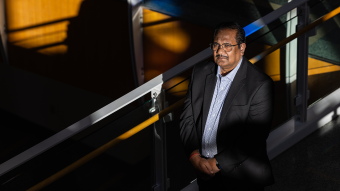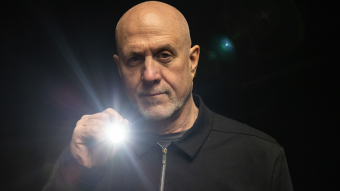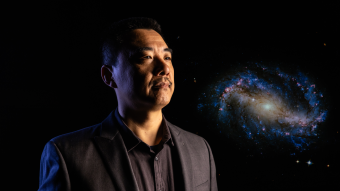By Eric Stann
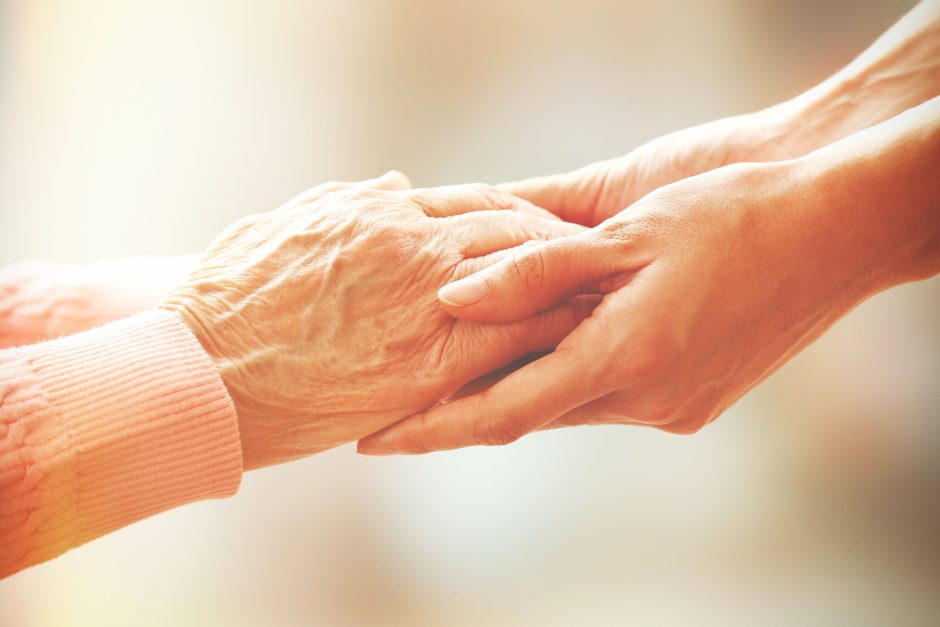
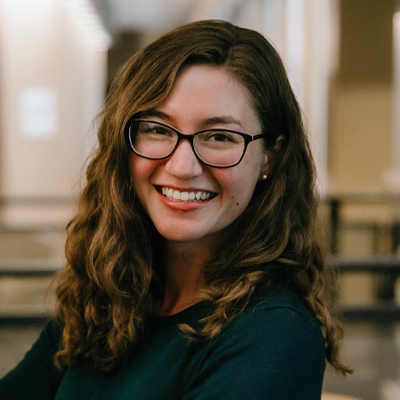
April 24, 2025
Contact: Eric Stann, StannE@missouri.edu
Caring for an aging parent is one of life’s most meaningful — and challenging — experiences. For adults who grew up as only children, that task often comes without support. No siblings to share the stress, split costs or take turns during long nights — just one person carrying the entire load.
And it’s a growing issue. Single-child families are becoming more common in the United States, increasing from about 10% to 20% in recent decades. This means more aging parents will be relying on just one adult child for care.
Now, research from the University of Missouri confirms what many adult only children have long felt: Caregiving is hard — and it’s even harder when you’re doing it alone.
In the study, Hana Skoblow and Megan Gilligan from Mizzou’s College of Education and Human Development analyzed national data from 1,773 adults caring for aging parents. Of those, 12% were only children.
The researchers found that caregiving stress looks different depending on whether someone has siblings, and adult only children were more likely to face emotional and financial strain. Their study also showed that while support from friends or extended family often improves mental health for caregivers with siblings, it doesn’t have the same effect for only children.
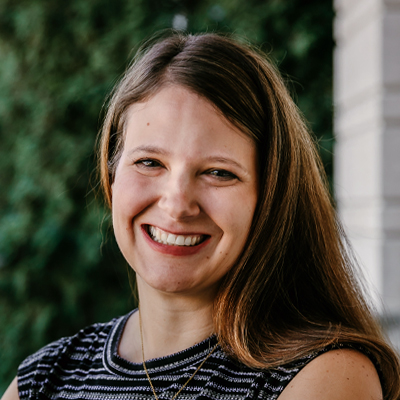
“Families with multiple kids can lean on each other for help,” Skoblow, a postdoctoral fellow and lead author, said. “But only children don’t necessarily have that built-in support system. Even when they receive help from friends or extended family, it doesn’t seem to provide the same relief.”
While the exact reason isn’t clear, Skoblow and Gilligan offer a few possible explanations.
One is that only children often have especially close bonds with their parents and may rely on them for emotional support. When a parent begins to need care, that emotional safety net can vanish. Another possibility is that only children may struggle to share their challenges, especially when the person they normally confided in is now the one they’re caring for.
“The lack of siblings means there's no one else who shares the family history or truly understands the emotional dynamics,” Skoblow said. “That can make the experience feel even more isolating.”
While Skoblow acknowledges sibling tension is not unusual when caring for a parent, particularly when one sibling feels like they’re doing more than their fair share, the current study was limited to comparing only children to those with siblings.
Start the conversation early
Both Skoblow and Gilligan stress the importance of starting conversations about caregiving sooner than later.
“Adult children and their parents may each have ideas about what caregiving should look like,” Gilligan, an associate professor in human development and family science, said. “If they don’t talk about it ahead of time, those expectations might not line up, and that can make a hard situation even harder.”
Being open about what everyone wants, and what they can realistically offer, can make the experience smoother and strengthen the relationship in the process, the researchers said.
The parents’ perspective
Next, the researchers want to flip the script by asking parents how they feel about being cared for by their only child. It’s part of Skoblow and Gilligan’s future research to understand more about how different family structures, care distributions and emotional responses are related to the experiences of both adult children and their parents — regardless of family structure.
“Do they feel guilty? Do they try not to ask for help? Are they worried about being a burden?” Gilligan said. “We want to better understand both sides of the relationship.”
The study, “Stressors and resources among adult child caregivers in the presence or absence of siblings,” was published in The Gerontologist.

